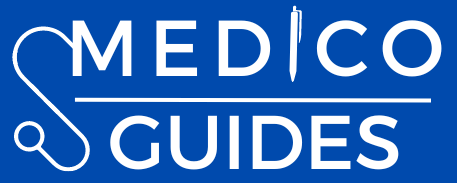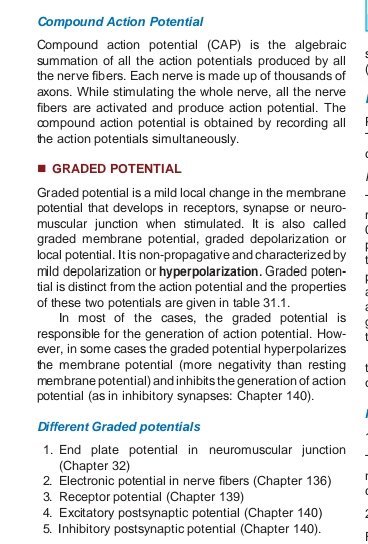Prepared by:
Hadia Imtiaz (G13)
Compiled by:
Hafiz Muhammad Umair Noor (G12)
UHS 5th Block
(Module No 08)
Reference Books:
- Langman Medical Emryology 14th Edition
Note:
- Only Langman is enough. Make flowcharts of imp topics and MCQs are often asked e.g which part develops from which embryonic tissue
Chapter 17:
EnR-A-026:
- Complete thyroid development (initial development and descent + types of cells)
- Thyroglossal duct/cyst is very imp
EnR-A-027:
- Written in 3rd and 4th pharyngeal pouches (understand and try to write it in your own words as it’s scattered here)
- Histogenesis
EnR-A-028:
- Simple clinical, especially remembering the most common ectopic/aberrant location.
Chapter 16 / Urogenital System
EnR-A-032:
- The concept about indifferent gonads and SRY gene is imp, rest is just read
- Development of testis (read)
- Descent of testis(imp)
EnR-A-033:
- Clinical of undescended testis (cryptorchidism) (v imp)
EnR-A-034:
- It covers complete genital system development.
- Give a read to the whole topic from the book (for mcqs and concept) then do it from the 2nd year embryo notes
- All clinicals are important so do all of them, nothing to skip here (uterus clinicals are very imp)
Chapter 18:
EnR-A-029:
- Pituitary development is written in the forebrain section
- High Yield things are sources and types of tissues (also Table 17-1)
- Clinical [craniopharyngiomas (imp)]
EnR-A-030 & 031:
- Development of suprarenal glands+clinical (not much imp, read it)
UHS 5th Block
(Module No 09)
Chapter 17 / Head and Neck:
HNSS-A-035:
- Study pharyngeal apparatus and its components table 17.1 (vvv imp)
- Make notes of all the derivatives of pharyngeal pouches, arches, membranes & grooves (as all these often get confused and asked about)
HNSS-A-036:
- If you study thoroughly, all these will be covered in the upper section, these are just sub-divisions of it.
HNSS-A-037:
- All clinicals here are important
HNSS-A-038:
- The thyroid part is covered in module 8.
- Do tongue development and its clinicals.
HNSS-A-039:
- Face and nasolacrimal duct development (especially facial prominences and their derivatives and their clinicals)
HNSS-A-040:
- Simple read to paranasal sinuses (not much imp)
HNSS-A-041:
- Development of lip & palate and their clinicals of cleft lip & palate are very imp
Chapter 19 + 20:
HNSS-A-042:
- Do eye and inner ear development (not imp) from Sharjeel and all their clinicals from books. And clinical from Langman














